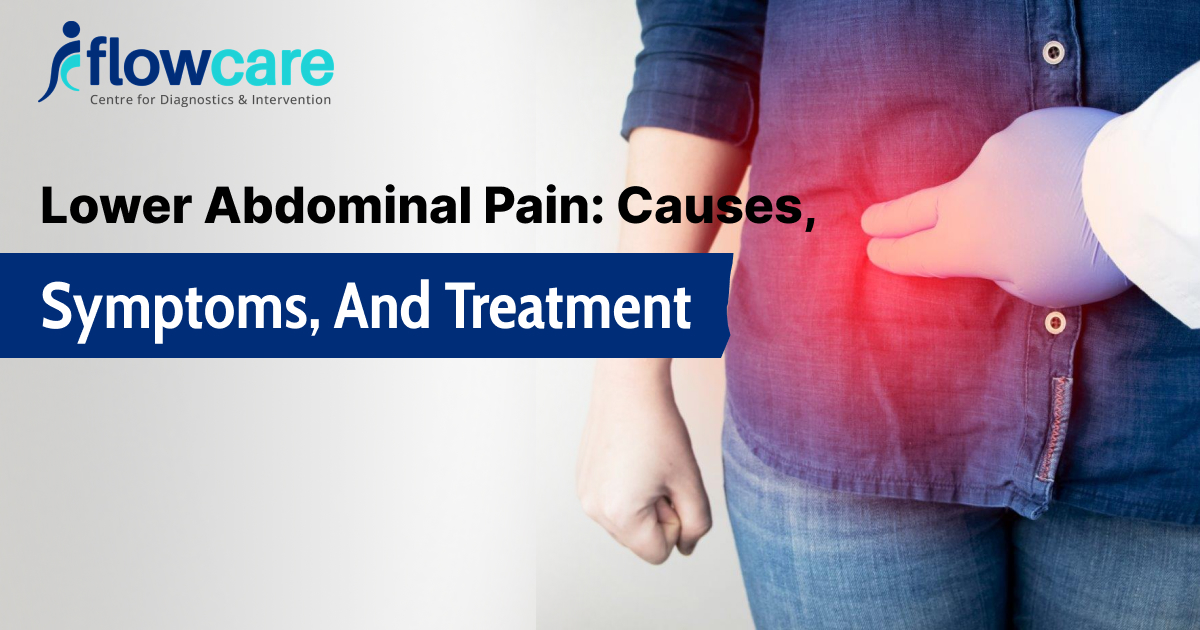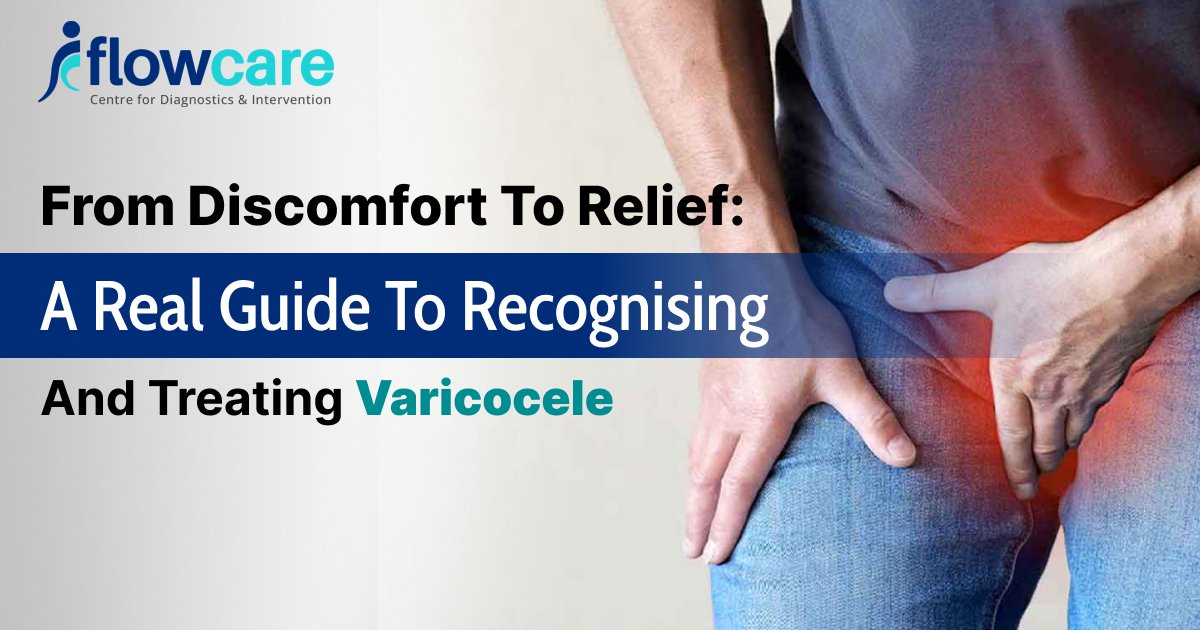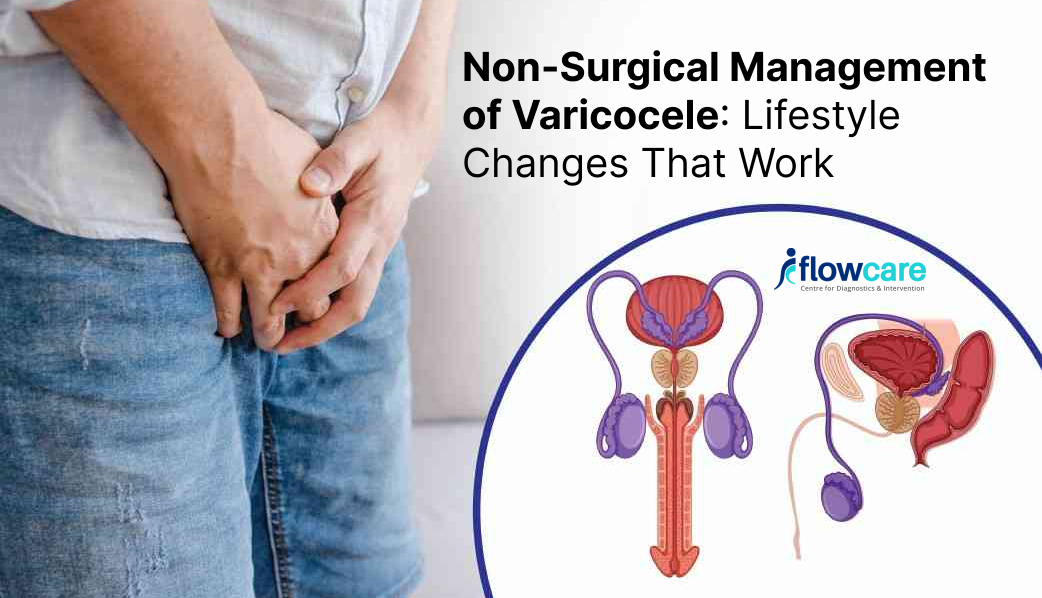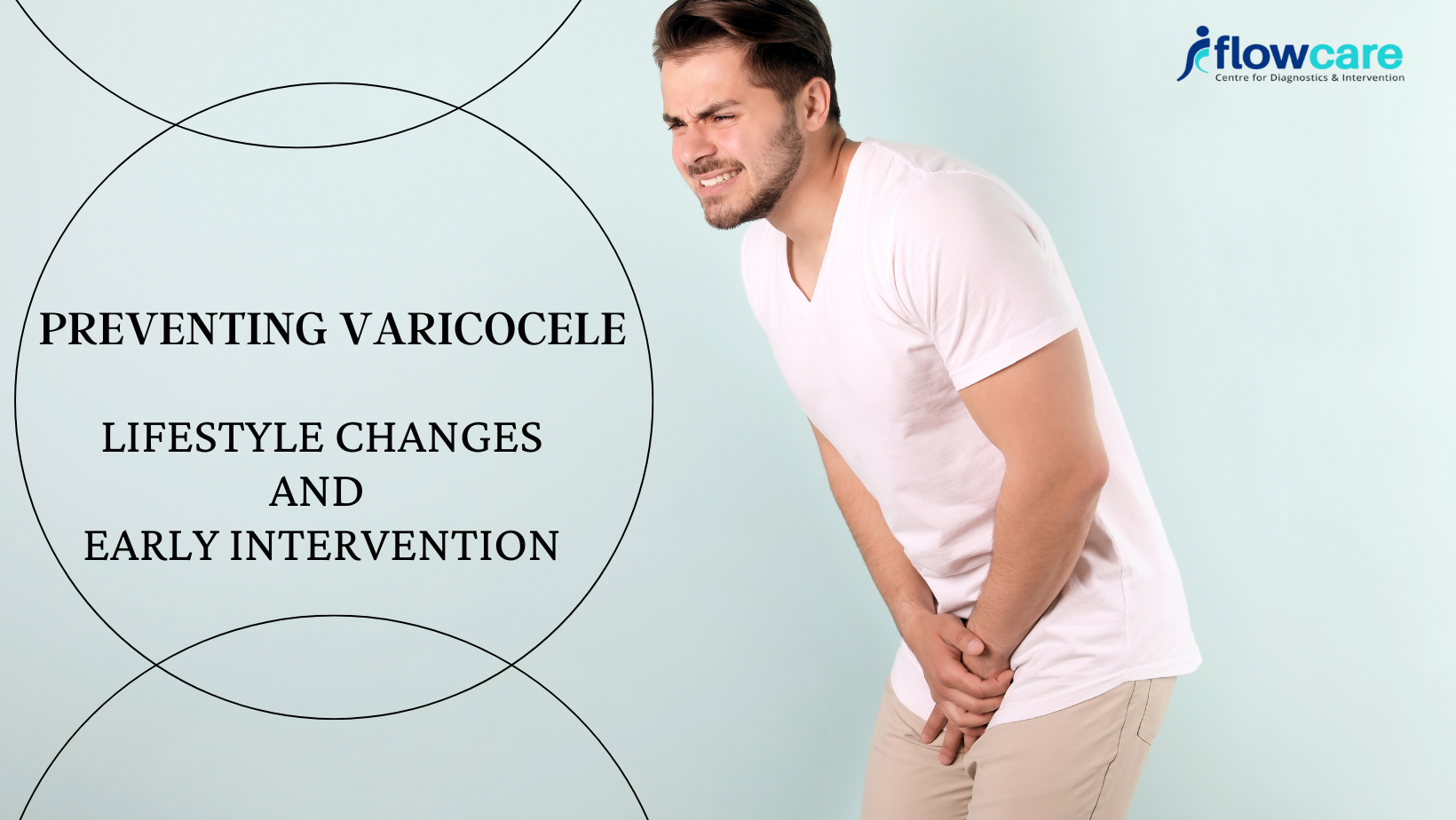
Preventing Varicocele: Lifestyle Changes and Early Intervention
Varicocele is a medical condition that is indicated by the enlargement of veins within the scrotum. This condition affects the flow of blood in the scrotum and potentially causes infertility or discomfort. But can it be treated or how can it be prevented? To resolve these queries, this article will delve into the condition of varicocele and describe the lifestyle changes that could prevent it.
Before proceeding further, you should know that varicocele can be treated, and prevented. To treat or manage this, lifestyle changes and early intervention is crucial. To understand this further, let’s discuss the steps to prevent varicocele and maintain male reproductive health.
What is Varicocele
In order to treat Varicocele, we should understand the factors that contribute to its growth and what causes it. This condition appears when the veins that drain the testicles become swollen or enlarged. Due to this swelling, blood starts to pool up in the scrotum and put pressure on it. This condition is most commonly found in adolescents and young adults. There are various factors that cause this condition to happen including genetics, hormonal imbalances, or anatomical factors.
Lifestyle Changes for Prevention
To protect yourself from this condition, prevention is quite essential. To prevent this condition, you can follow these major guidelines. By following a healthy lifestyle, you can avert Varicocele.
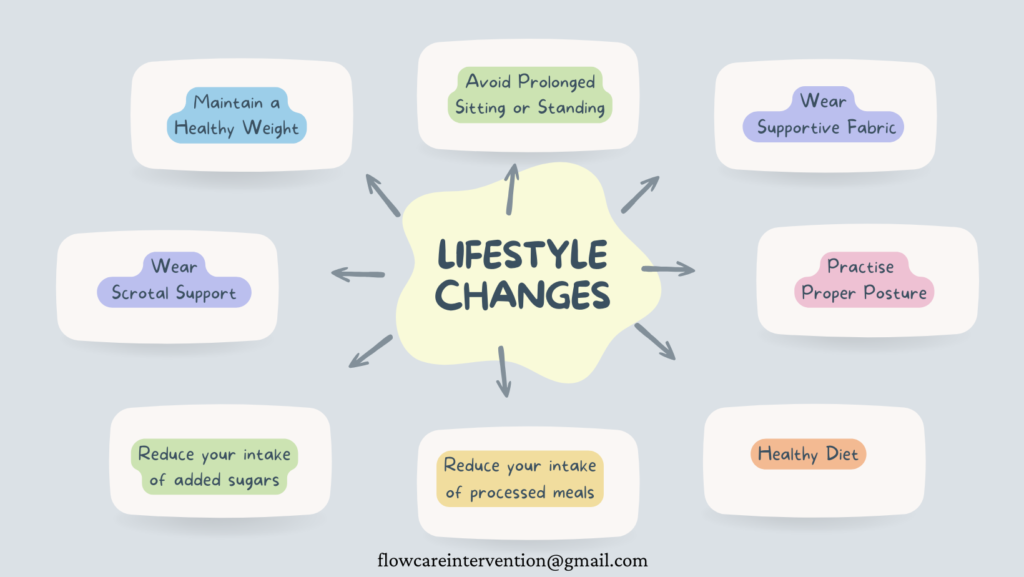
Maintain a Healthy Weight
Being overweight could lead to various issues including varicocele. Obesity and excess body fat can contribute to varicocele development. By maintaining a healthy weight through regular exercise and a balanced diet, individuals can reduce their risk of developing this condition. For this, routine body movements and exercise are essential.
Avoid Prolonged Sitting or Standing
Prolonged sitting or standing becomes a part of our lifestyle but jobs or activities that require long periods of sitting or standing can increase pressure on the veins in the scrotum, leading to varicocele. To avoid this condition, frequent and regular breaks should be part of your job. Trying to incorporate movement into daily routines can help alleviate pressure and improve blood flow.
Wear Supportive Fabric
Excessive constriction in undergarments might worsen symptoms of varicocele by obstructing blood flow to the scrotum. Choosing supportive undergarments that offer sufficient ventilation and support will help reduce pain and stop veins from getting bigger.
Practise Proper Posture
Along with exercising and regular movements, posture also helps in ensuring good health. Poor posture can contribute to increased pressure on the veins in the pelvic area, potentially worsening varicocele symptoms. Maintaining good posture while sitting, standing, or exercising can help reduce strain on the veins and promote healthy blood flow. You can also add some specific poses to your exercise routine to fix your posture.
Healthy Diet
A healthy diet plays a major role in ensuring a healthy weight as well as providing all the nutrition that the body requires for smooth functioning.
Fruits and vegetables: Eat more fruits and vegetables since they include a wealth of minerals, vitamins, and antioxidants that promote vascular health and lower inflammation.
Select whole grains: Because they are high in fibre and can help regulate bowel motions, whole grains including brown rice, quinoa, and oats can help lower blood pressure in the veins.
Include lean protein sources: Fish, chicken, tofu, and lentils are examples of lean protein sources that are high in important nutrients yet low in saturated fat.
Reduce your intake of processed meals and added sugars. These items might aggravate varicocele symptoms by causing inflammation.
Early Intervention
Besides a healthy lifestyle, early intervention can help you successfully manage and treat the condition. This protects the individual from infertility and also treats the condition at an early stage. Individuals experiencing symptoms such as testicular pain, swelling, or infertility should seek medical evaluation promptly.
Treatment options for varicocele may include:
Varicocelectomy
A surgical treatment to relieve symptoms and restore normal blood flow by excising or ligating swollen veins in the scrotum.
Embolization
A minimally invasive technique that involves inserting a catheter into the afflicted vein to stop blood flow and lessen pain and oedema.
Medication
Medication may occasionally be recommended to treat varicocele-related discomfort or inflammation.
Conclusion
Developing a healthy lifestyle and obtaining medical attention as soon as symptoms appear are two key strategies for preventing varicocele. People can lessen their chance of having varicocele and improve general reproductive health by eating a healthy weight, avoiding extended periods of sitting or standing, using supportive underwear, and adopting good posture. Furthermore, reducing problems and maintaining fertility depend heavily on the early discovery and treatment of varicocele. People may take charge of their reproductive health and enjoy happy, fulfilled lives free from the discomfort caused by varicocele with preventive measures and prompt treatments.
To prevent varicocele from causing infertility, the right treatment and guidance are highly essential. At Flowcare, you will not just get the treatment but also receive the right consultation from Dr Rajendra Bansal. He holds an experience of 11 years and is known for his smooth services as an Interventional Radiologist.


